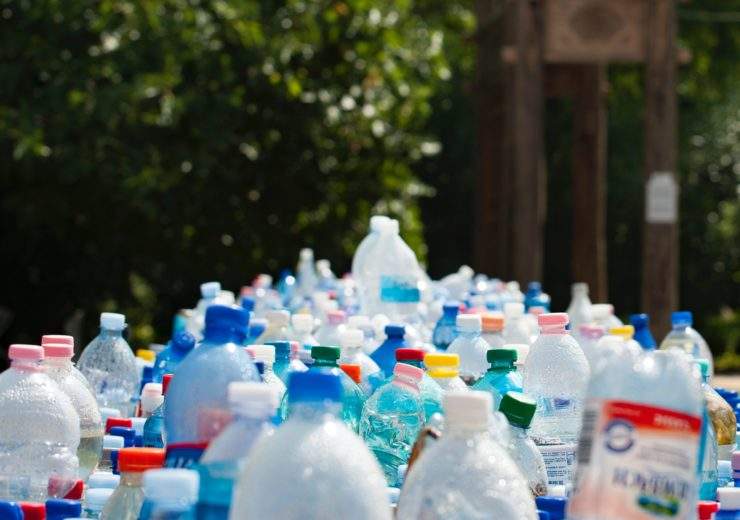German software firm SAP is planning to pilot a new plastics cloud, which will use machine learning to create a data hub intended to provide answers to the world's plastics waste issue

Plastic waste is one of the biggest environmental problems facing the world today – but a new “plastics cloud” platform is in the works with the aim of solving the problem.
The soon-to-be piloted idea will serve as a data hub, collating information from the plastics supply chain with the aim of creating new solutions for the industry’s negative impact on the environment.
German software firm SAP and its partners will use the company’s Leonardo technology, which works using a process of machine learning, to forecast trends in plastics purchasing and recycling.
Managing director for UK and Ireland Jens Amail said: “At SAP, we believe that companies have the power to create life-changing innovation and we’re committed to helping achieve the UN’s sustainable development goals.
“The plastics cloud is part of that commitment – we need to find a better way to use data.
“There’s so much information being generated within the plastics supply chain but there’s no single source of access for that information.
“We hope the plastics cloud will serve as another piece of the puzzle to solving the problem of plastic waste.”

SAP’s plastics cloud and entry into the UK Plastics Pact
SAP plans to share the insights cleaned from its plastics cloud with consumers so they can better understand their impact on the environment with regards to material waste.
It has also become a member of the UK Plastics Pact – a collaboration of government local authorities, NGOs and businesses from across the entire plastics value chain dedicated to mitigating the industry’s rate of environmental pollution.
It is managed by non-profit organisation Wrap, whose CEO Marcus Gover said: “We are delighted to have SAP sign up to The UK Plastics Pact.
“By working together in collaboration with businesses, governments and citizens we will transform the way we make, use and dispose of plastic so that we retain its value but prevent it from polluting the environment.
“As the first technology business to become a member and through its plastics cloud, SAP is helping us drive innovative thinking to reduce plastic waste within the packaging sector by 2025 – a key goal for the pact.”
According to Greenpeace, only 9% of plastic waste has ever been recycled.
It means 12 million tonnes of plastic ends up in the sea each year – nearly the same weight as a million London buses.
More than 700 sea species have been found entangled with plastic and microplastics have been discovered in food consumed by humans.


